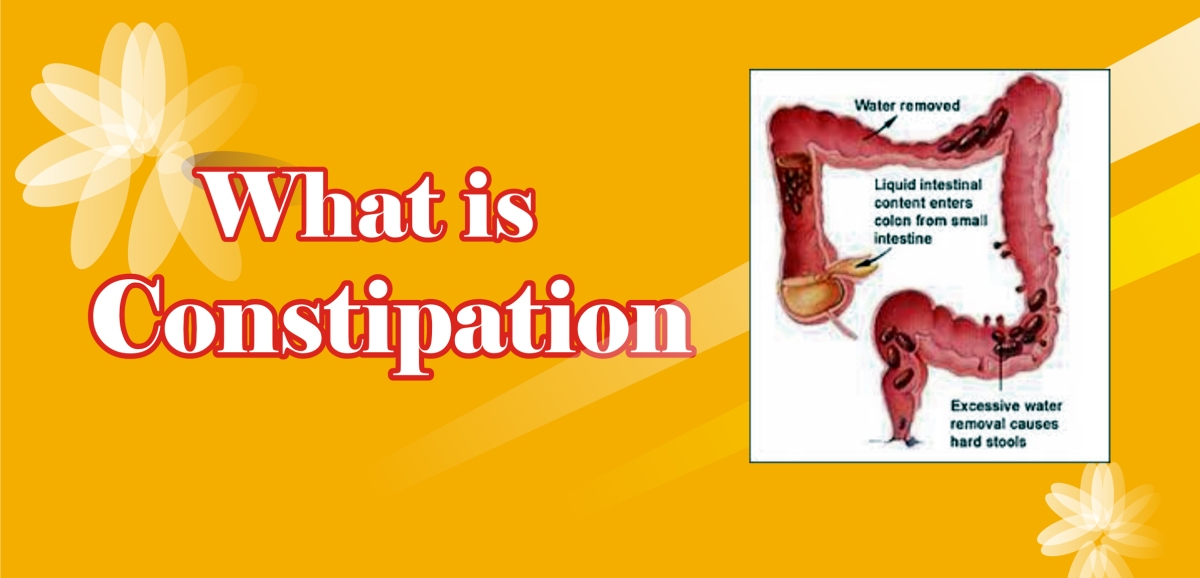What Is Constipation?
Constipation occurs when bowel movements become difficult or less frequent. The normal length of time between bowel movements ranges widely from person to person. Some people have bowel movements three times a day; others, only one or two times a week. Going longer than three days without a bowel movement is too long. After three days, the stool or feces become harder and more difficult to pass.
You are considered constipated if you have two or more of the following for at least 3 months:
- Straining during a bowel movement more than 25% of the time
- Hard stools more than 25% of the time
- Incomplete evacuation more than 25% of the time
- Two or fewer bowel movements in a week
What Causes Constipation?
Constipation is usually caused by a disorder of bowel function rather than a structural problem. Common causes of constipation include:
- Inadequate water intake
- Inadequate fiber in the diet
- A disruption of regular diet or routine; traveling
- Inadequate activity or exercise or immobility
- Eating large amounts of dairy products
- Stress
- Resisting the urge to have a bowel movement, which is sometimes the result of pain from hemorrhoids
- Overuse of laxatives (stool softeners) which, over time, weaken the bowel muscles
- Hypothyroidism
- Neurological conditions such as Parkinson’s disease or multiple sclerosis
- Antacid medicines containing calcium or aluminum
- Medicines (especially strong pain medicines, such as narcotics, antidepressants, or iron pills)
- Depression
- Eating disorders
- Irritable bowel syndrome
- Pregnancy
- Colon cancer
In some cases, lack of good nerve and muscle function in the bowel may also be a cause of constipation.
What Are the Symptoms of Constipation?
Symptoms of constipation can include:
- Infrequent bowel movements and/or difficulty having bowel movements
- Swollen abdomen or abdominal pain
- Pain
- Vomiting
>>How to be relieved From Constipation quickly
How Is Constipation Diagnosed?
Most people do not need extensive testing to diagnose constipation. Only a small number of patients with constipation have a more serious medical problem. If you have constipation for more than two weeks, you should see a doctor so he or she can determine the source of your problem and treat it. If constipation is caused by colon cancer, early detection and treatment is very important.
Tests your doctor may perform to diagnose the cause of your constipation include:
- Blood tests if a hormonal imbalance is suspected
- Barium studiesto look for obstruction of the colon
- Colonoscopyto look for obstruction of the colon
The vast majority of patients with constipation do not have any obvious illness to explain their symptoms and suffer from one of two problems:
- Colonic inertia.A condition in which the colon contracts poorly and retains stool
- Obstructed defecation.A condition in which the person excessively strains to expel stool from the rectum



